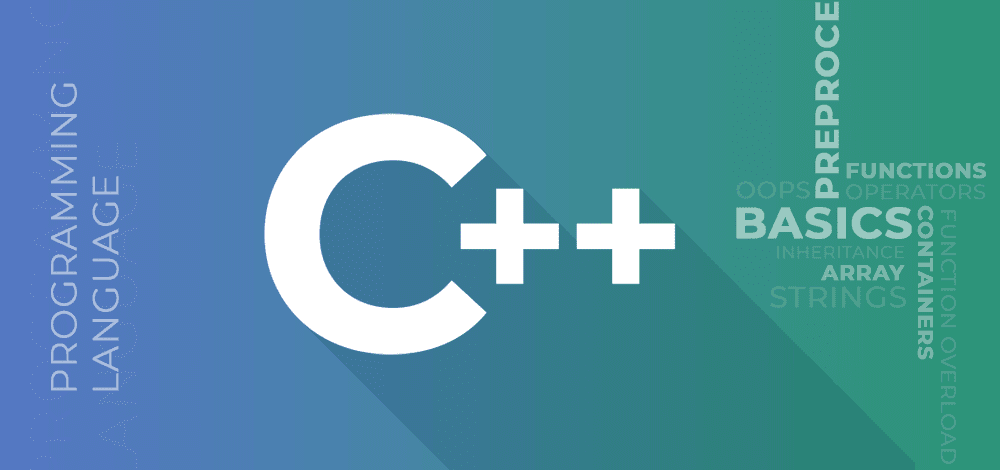Job Opportunities with Programming in C and C++
C and C++ are fundamental programming languages that power a wide range of applications. Here are some of the job opportunities you can target with expertise in C and C++:
- Embedded Systems Programmer: Develop software for devices with limited resources, like microcontrollers in appliances, cars, and industrial control systems.
- Game Programmer: Create high-performance game engines and core gameplay functionality.
- System Software Developer: Build operating systems, device drivers, and other low-level software that interacts directly with hardware.
- Desktop Software Developer: Develop applications for Windows, macOS, or Linux that require high performance or control over hardware resources.
- Robotics Engineer: Program robots for various tasks, including automation, navigation, and control.
- Financial Software Developer: Create trading platforms, risk analysis tools, and other software for the financial sector.
- High-Performance Computing Programmer: Develop scientific simulations, machine learning models, and other computationally intensive applications.
- WebAssembly Developer: Write code in C/C++ that can be compiled and run within web browsers for enhanced performance.
The salary for C/C++ programmers can vary depending on experience, location, and industry. However, it generally falls within a competitive range.
Learning C and C++ Courses
There are numerous resources available to learn C and C++:
- Online Courses: Platforms like Coursera, edX, Udemy, and Udacity offer courses for beginners and experienced programmers. These courses often come with video lectures, quizzes, and assignments.
- Books: Classic texts like "C Programming Language" by Brian Kernighan and Dennis Ritchie and "C++ Primer" by Stanley Lippman, Josée Lajoie, and Barbara Moo are excellent resources.
- Tutorials and Documentation: Websites like Tutorialspoint, W3Schools, and the official C and C++ documentation provide free tutorials and reference materials.
- Bootcamps: Intensive bootcamps can provide a quick and immersive learning experience, but they often come at a higher cost.
Here are some factors to consider when choosing a course:
- Your Learning Style: Do you prefer video lectures, written tutorials, or a hands-on approach?
- Your Experience Level: Are you a complete beginner or do you have some programming experience?
- Your Time Commitment: How much time can you dedicate to learning each week?
- Your Budget: How much are you willing to spend on a course?
Remember, consistent practice is key to mastering C and C++. Look for courses that offer coding exercises and projects to help you solidify your understanding.

